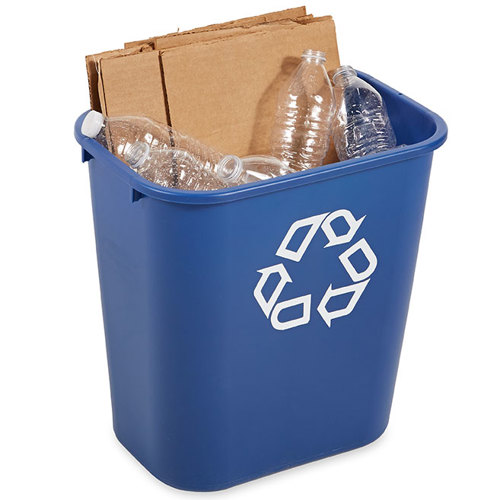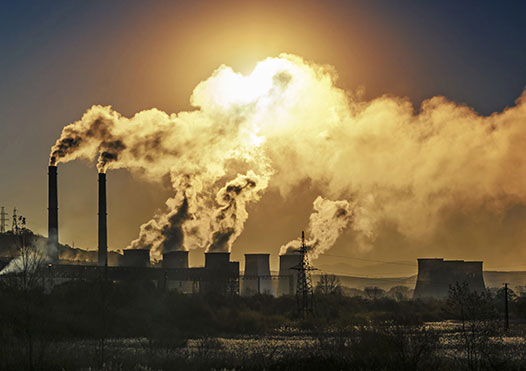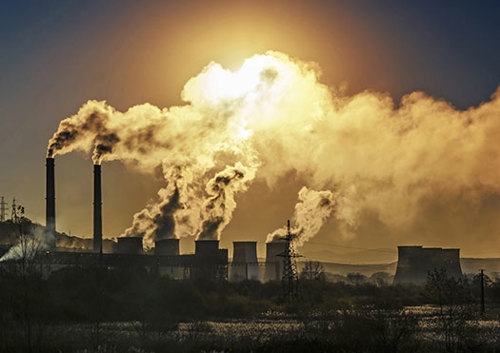Why Commercial Recycling Matters
The world we live in is experiencing a resource management problem that needs to be resolved with better waste disposal methods.
The oil required to make petrochemical plastics is going to end, perhaps not imminently, but in human terms, soon. Businesses that need fresh plastics for the creation of products or product packaging will be part of a growing demand for a diminishing supply.
In the US, just 8% of plastics were properly recycled in 2017 from 267.8 million tons of municipal solid waste. That means that almost every piece of plastic packaging you see today, tomorrow and beyond is being incinerated.
Recycling as a method of resource management extends beyond plastics to glass. Glass materials, split between colored and clear, can be recycled almost indefinitely. Recycling glass uses less energy, creates less emissions and overall, costs less than creation of new glass. Better for businesses, better for the environment.
Similarly, the recycling of paper materials over the creation of new paper, reduces emissions and preserves other natural resources. For every ton of paper recycled, 30,000 litres of water is saved and air pollution is reduced by 95% compared with the creation of virgin paper.
In each of these examples we see the role recycling plays in reducing emissions as part of the generation of new materials and the incineration of waste. Individuals within a customer base have less ability to make their purchases based on virgin vs recycled materials than a commercial entity does in the creation of products and packaging.
The reduced cost of processing materials means using recycled materials costs less, and the cyclical supply will keep costs down compared with those of a diminishing source of fresh material.
But what happens if we don’t recycle more, if we don’t reduce emissions, if we don’t preserve the resources that we have?



Human industry, and the emissions it creates from poor waste disposal, are the driving factor in climate change that causes large scale weather disruptions and increasing global temperatures.
A major University of Chicago study, published by the National Bureau of Economic Research, found that increasing global temperatures will cause more deaths than all infectious diseases combined. A high-emissions scenario would result in a global mortality rate of 73 deaths per 100,000 people by the end of the century. A lack of commercial recycling could ultimately be a contributory factor in the deaths of more people than any number of infectious deadly diseases.
There are many components to recycling processes and many groups involved in their creation, maintenance and development. Commercial enterprises, citizens, government bodies, innovative manufacturers and scientific institutions are all part of how we develop better recycling solutions and how we undertake more recycling activity.
The issue of our changing climate affects us all, so we all have a responsibility to be part of the solution and to save lives.
Let’s do this together. Rubbermaid Commercial Products is committed to implementing sustainable solutions through our products, manufacturing, and distribution.